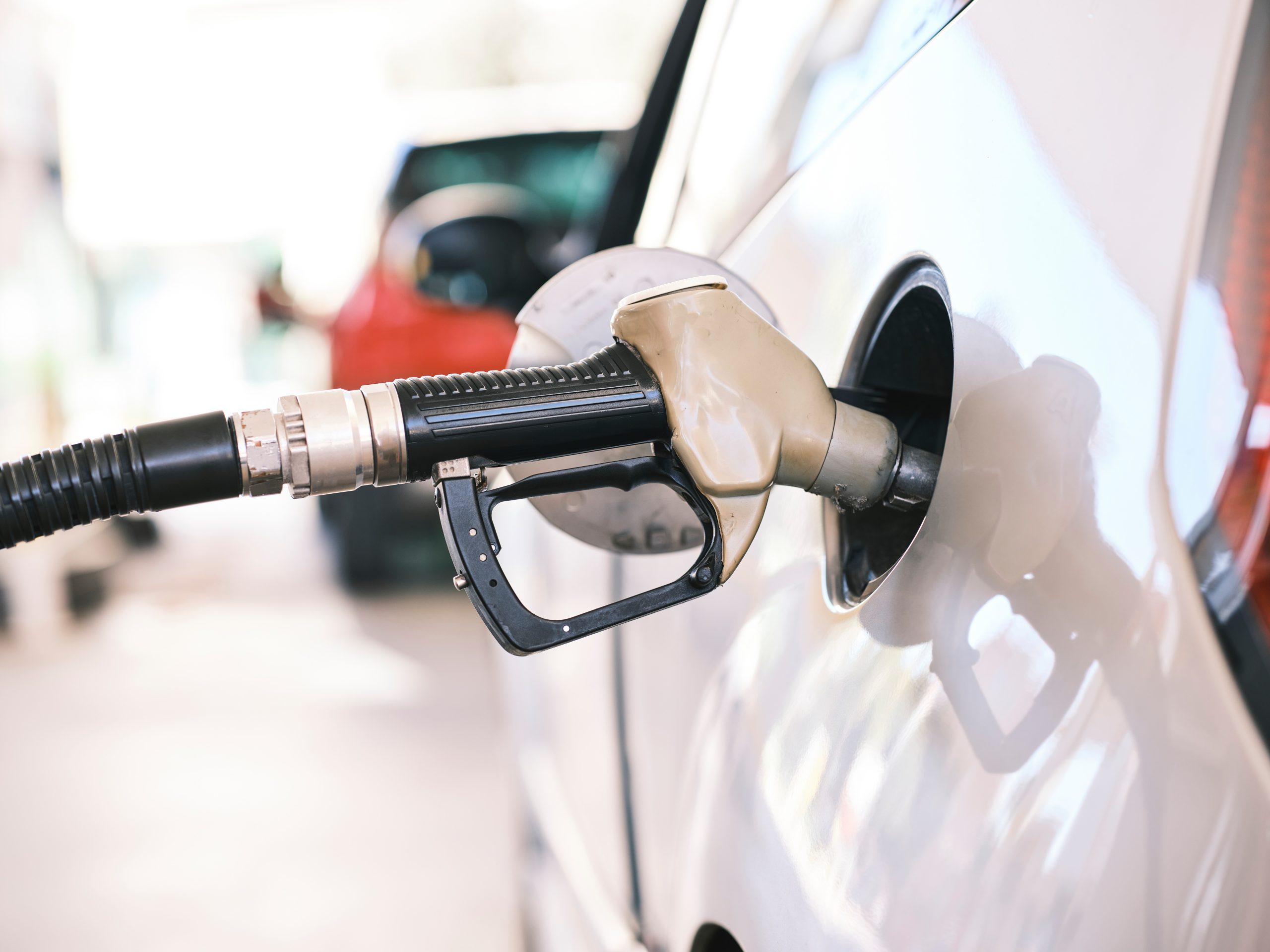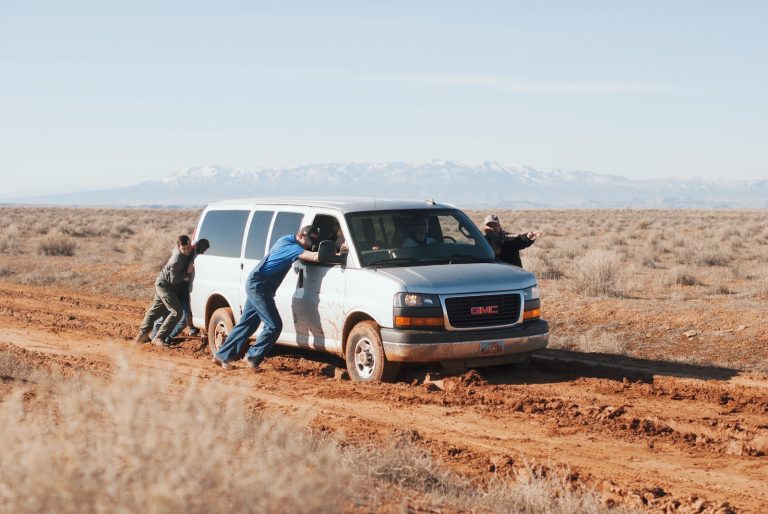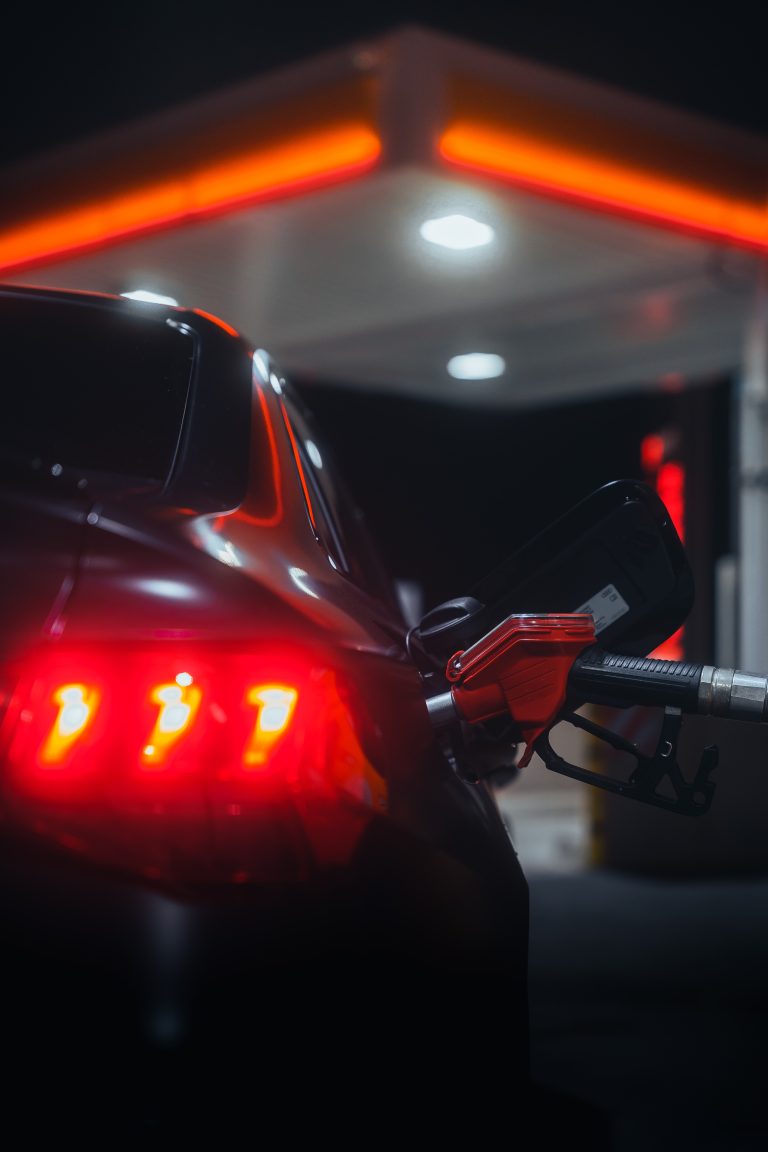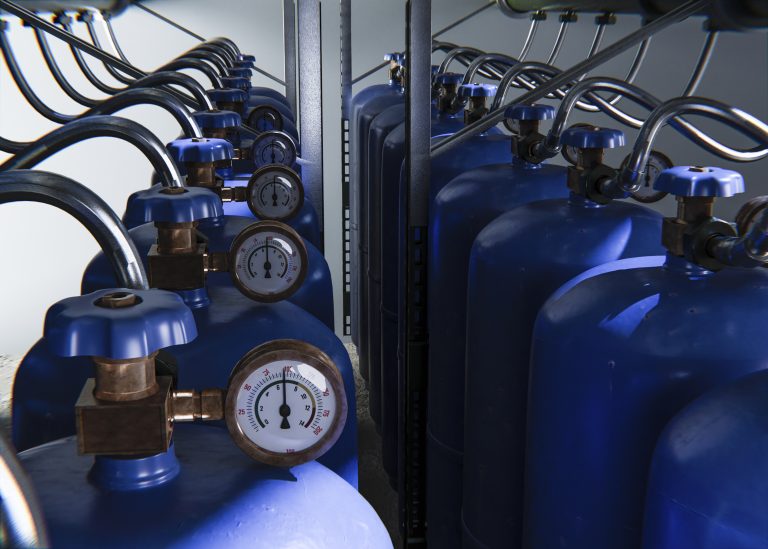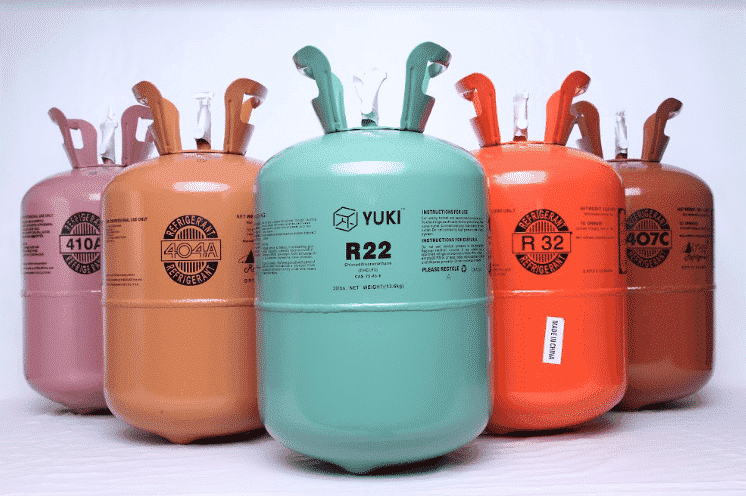When it comes to filling up our gas tanks, we often strive for convenience and efficiency. However, there are times when we may accidentally overfill the tank or push it to its limits. In this comprehensive guide, we will delve into the topic of what happens when you overfill your gas tank. We will explore the risks, consequences, and potential damage that can result from this common yet potentially harmful practice. By understanding the potential hazards associated with overfilling your gas tank, you can make informed decisions and ensure the longevity of your vehicle.
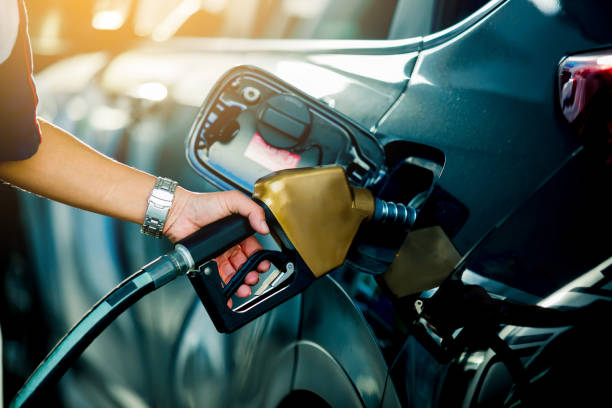
What Happens When You Overfill Your Gas Tank?
Overfilling your gas tank refers to the act of adding fuel beyond the maximum capacity recommended by the manufacturer. While it may seem harmless or inconsequential, this practice can lead to various issues that can negatively impact your vehicle’s performance and even pose safety risks. Let’s dive deeper into the specific consequences of overfilling your gas tank.
Increased Pressure and Fuel Spillage
When you overfill your gas tank, it can cause an increase in pressure within the fuel system. This excessive pressure can lead to fuel spillage, causing fuel to overflow from the tank and onto the ground or surrounding components. Not only is this wasteful, but it can also be hazardous, as fuel is highly flammable and can pose a fire risk.
Damage to the Evaporative Emission Control System (EVAP)
Overfilling your gas tank can also have a detrimental impact on the vehicle’s evaporative emission control system, commonly known as the EVAP system. This system is responsible for controlling and capturing fuel vapors that would otherwise be released into the atmosphere. When the gas tank is overfilled, excess fuel can enter the EVAP system, overwhelming its capacity and potentially causing damage to its components.
Malfunctioning Fuel Level Sensor
Modern vehicles are equipped with a fuel level sensor that accurately measures the amount of fuel in the tank. Overfilling the tank can lead to the fuel level sensor malfunctioning, providing inaccurate readings. This can result in misleading fuel level indications on your dashboard, leading to confusion and potential inconvenience during your daily commutes.
Contaminated Charcoal Canister
Within the EVAP system, there is a component called the charcoal canister, which is designed to trap and store fuel vapors. When you overfill your gas tank, excess fuel can flow into the charcoal canister, saturating the charcoal and rendering it less effective in capturing and storing vapors. As a result, the system’s overall efficiency decreases, potentially leading to increased emissions and reduced fuel economy.

The Risks of Overfilling Your Gas Tank
Now that we have explored the specific consequences of overfilling your gas tank, let’s delve into the risks associated with this practice. Understanding these risks can help you avoid potential problems and ensure the optimal functioning of your vehicle.
Fire Hazard
One of the most significant risks of overfilling your gas tank is the potential for a fire hazard. Fuel is highly flammable, and even a small spark or ignition source can cause a fire if fuel is spilled onto hot engine components or the ground. This risk is further heightened in environments where there are open flames or smoking is permitted. To mitigate this risk, it is crucial to follow the recommended fuel capacity guidelines provided by the vehicle manufacturer.
Damage to the Fuel Pump
The fuel pump plays a vital role in delivering fuel from the gas tank to the engine. When the tank is overfilled, it can cause fuel to reach the fuel pump, potentially leading to damage. The fuel pump relies on the fuel for lubrication and cooling, and when exposed to excess fuel, it can overheat and wear out prematurely. Replacing a damaged fuel pump can be expensive, making it important to avoid overfilling the tank to protect this critical component.
Catalytic Converter Damage
The catalytic converter is an integral part of a vehicle’s exhaust system, responsible for reducing harmful emissions. Overfilling the gas tank can result in raw fuel entering the exhaust system, where it can come into contact with the catalytic converter. This can cause the converter to overheat and become damaged, leading to reduced efficiency and potentially triggering the check engine light. Repairing or replacing a damaged catalytic converter can be a costly endeavor, emphasizing the importance of practicing proper fueling habits.
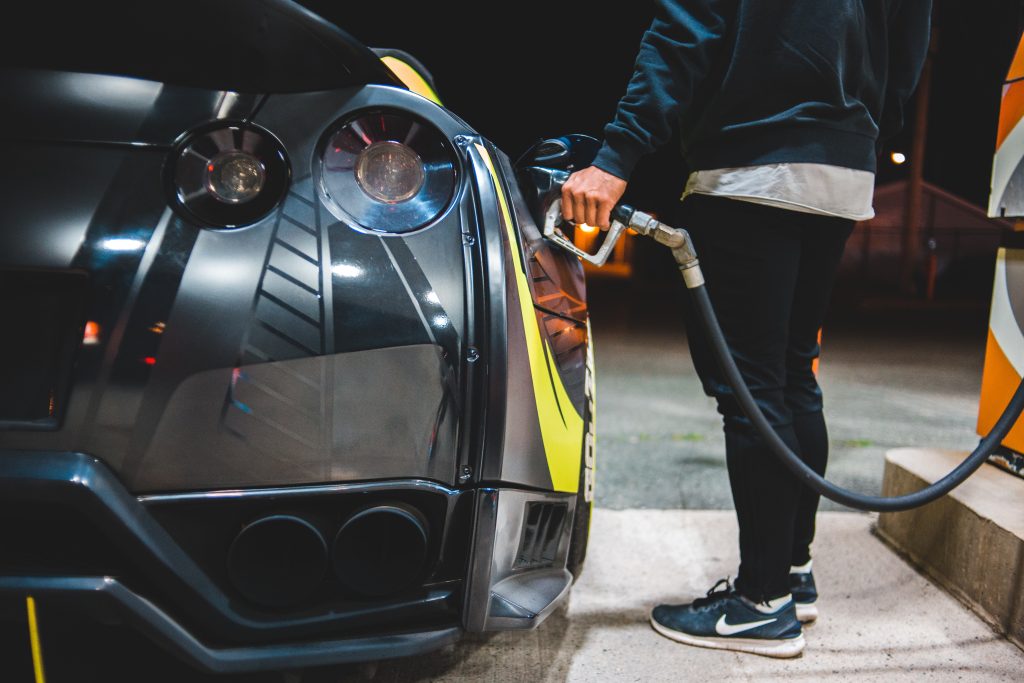
FAQs (Frequently Asked Questions)
Q: Can overfilling my gas tank lead to engine damage?
A: While overfilling the gas tank is unlikely to directly cause engine damage, it can lead to other issues such as fuel pump damage, catalytic converter damage, and malfunctioning components within the fuel system. These issues, if left unresolved, can eventually affect the engine’s performance and reliability.
Q: Is it okay to “top off” the gas tank after the nozzle automatically shuts off?
A: It is generally not recommended to “top off” the gas tank after the nozzle shuts off automatically. This is because the space left in the tank allows for fuel expansion due to temperature changes. Additionally, overfilling the tank increases the risk of fuel spillage and the potential issues discussed in this article.
Q: What should I do if I accidentally overfill my gas tank?
A: If you accidentally overfill your gas tank, it is crucial to act promptly. Avoid starting the engine, as this can increase the risk of fuel entering components where it shouldn’t be. If fuel has spilled onto the ground or vehicle, clean it up immediately to minimize fire hazards. If you suspect any damage or issues, consult a professional mechanic for a thorough inspection.
Q: Can overfilling the gas tank void my vehicle’s warranty?
A: Overfilling the gas tank itself is unlikely to void your vehicle’s warranty. However, the potential damage caused by overfilling, such as fuel system damage or catalytic converter issues, may not be covered by the warranty. It is always recommended to follow the manufacturer’s guidelines and avoid practices that could potentially harm your vehicle.
Q: How can I prevent overfilling my gas tank?
A: To prevent overfilling your gas tank, familiarize yourself with your vehicle’s fuel capacity and the recommended fuel filling procedures outlined in the owner’s manual. Avoid trying to squeeze in more fuel after the nozzle automatically shuts off, as this can lead to overfilling. Additionally, pay attention to the fuel gauge and fill up your tank in a timely manner to prevent running on low fuel.
Q: Are there any safety tips to keep in mind while refueling?
A: When refueling, always turn off the engine and avoid smoking or using open flames in the vicinity. Keep the nozzle in contact with the fuel tank to prevent static electricity buildup, and avoid overfilling the tank. If you spill fuel, clean it up immediately and dispose of any used paper towels or rags safely. Following these safety tips can help minimize the risks associated with refueling.
Conclusion
In conclusion, overfilling your gas tank may seem like a harmless act, but it can have significant consequences for your vehicle’s performance, safety, and longevity. From increased pressure and fuel spillage to damage to the EVAP system and malfunctioning components, the risks associated withoverfilling your gas tank should not be underestimated. The potential for fire hazards, damage to critical components like the fuel pump and catalytic converter, and inaccurate fuel level readings should serve as a reminder to practice proper fueling habits.
To avoid these risks, it is essential to follow the manufacturer’s guidelines regarding fuel capacity and filling procedures. Avoid topping off the tank after the nozzle shuts off automatically, as this can lead to overfilling and fuel spillage. Pay attention to your fuel gauge and refill the tank in a timely manner to prevent running on low fuel.
In the event that you accidentally overfill your gas tank, take immediate action. Avoid starting the engine and clean up any fuel spills promptly to minimize fire hazards. If you notice any damage or suspect issues, consult a professional mechanic for a thorough inspection.
By understanding the risks and consequences associated with overfilling your gas tank, you can make informed decisions and ensure the safety and optimal performance of your vehicle.

